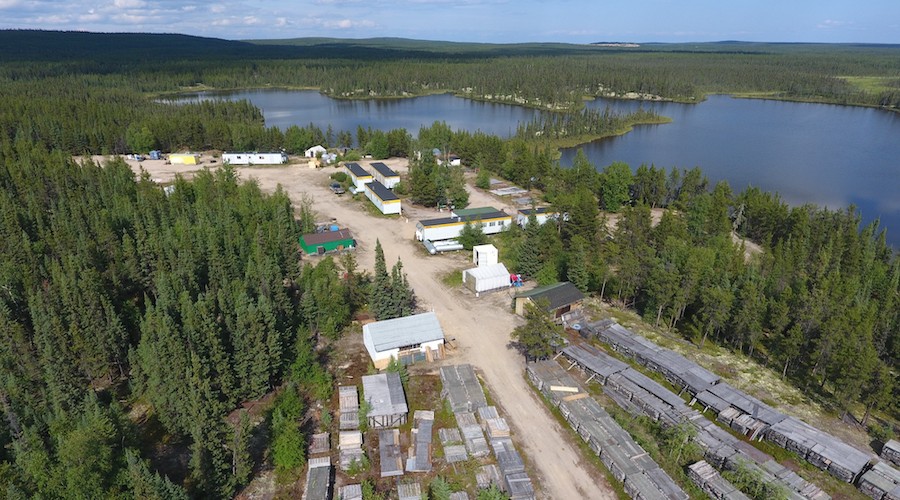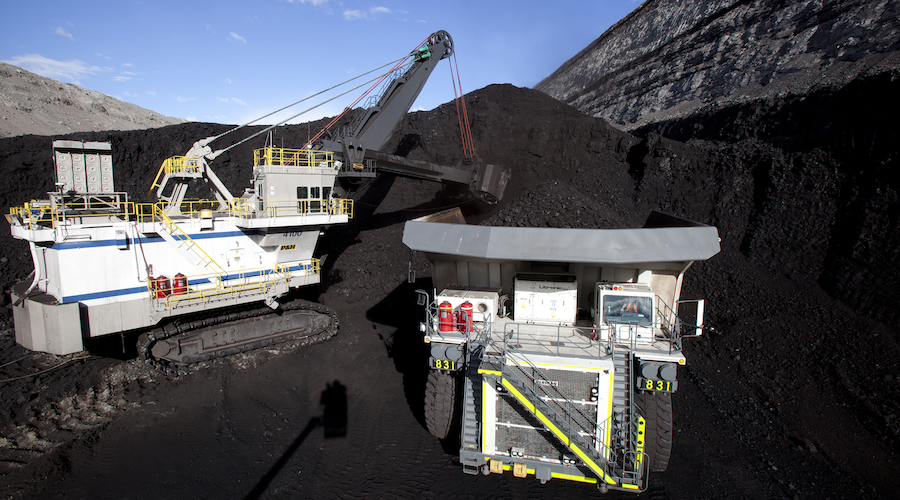The Shoprite Group, South Africaâs Largest Retailer, Accelerates Solar Rollout At Its Sites

The Shoprite Group, South Africa’s largest retailer by market capitalization, sales, profit, and number of employees and customers, is accelerating its solar rollout across its sites in South Africa as well as other markets on the continent. Shoprite operates in 11 African countries. The Group has more than 2,900 stores across Africa. Some of the Shoprite Group’s famous customer-facing brands include Checkers, Shoprite, USave, OK, and House & Home. Having such a large footprint across several markets means that it has a huge electricity bill. Shoprite’s electricity bill is about R3.4 billion per year (about US$201 million per year).
With the majority of its stores being in South Africa, where the grid is almost entirely powered by coal, Shoprite’s sustainability strategy prioritizes the adoption of renewable energy. The sustainability strategy also prioritizes energy efficiency, sustainable packaging and recycling of cardboard and plastics, and efficient use of water resources, as well as sustainable sourcing of goods. As South Africa’s largest retailer, the Shoprite group serves the majority of people in low income areas, and hence its sustainability strategy and initiatives are also meant to help keep prices at affordable levels for the communities it serves. Reducing energy costs through the increased penetration of cheaper onsite generation via rooftop solar that offsets some of the consumption from the grid is one way of keeping prices affordable.
These lower income communities are the ones that are usually the most affected by climate change-induced disasters such as the recent floods in the KwaZulu-Natal area of South Africa, and hence Shoprite is committed to invest in projects that help in the mitigation of the impacts of climate change. Shoprite has implemented some energy efficiency measures across its store and distribution centers that included switching to LED lights, resulting in energy savings that reduced its total electricity bill by 10%. Other areas included switching to more energy efficient refrigeration.
“The commitment to renewable energy is part of the Shoprite Group’s wider climate change strategy, which acknowledges that climate change will, directly and indirectly, impact our business and the communities we are a part of. Therefore, we commit to reduce greenhouse gas emissions, continuously improve energy efficiency, and strengthen the resilience and adaptive capacity of our operations and that of our communities,” says Shoprite Group Sustainability Manager Sanjeev Raghubir.
Shoprite installed the first solar system at one of its sites in 2015. This was a store in neighboring Namibia. Since then, Shoprite has installed solar at over 60 of its stores in South Africa and other markets. This excludes stores where landlords have also installed solar at properties where Shoprite is present as an anchor client, such as at large shopping malls. Shoprite has entered into long term Power Purchase Agreements (PPAs) with private Independent Power Producers (IPPs) at these 60 stores. Under these kinds of PPAs, the energy generated from on-site grid-tied solar plants without battery storage (depending on the size of the system) can be up to 30% to 40% cheaper than the electricity from the local municipality or from the national utility company. This means that the savings derived from the energy offset by the generation from the solar plants can help Shoprite lower its operating costs. All of the energy generated by the on-site solar at these sites is consumed by the stores themselves without any excess to feed into the grid, due to the high energy demand from large loads such as refrigeration and air-conditioning, and also space limitations at sites to cover the entire load.
The total installed capacity from these on-site solar plants so far now stands at 26.6 MW! This is enough to meet 2.8% of the group’s electricity needs. Shoprite has a target of increasing this to meet 5% of its electricity needs by the end of this financial year. Shoprite plans to meet all its electricity requirements from renewables by 2050 through a combination of on-site solar, off-site solar, off-site wind, and other renewables.
Already, one of its stores is 100% powered by renewables through a combination of on-site solar and off-site wind, through an electricity agreement with the utility company. The store is the Checkers at Sitari Village Mall, located close to Somerset West, Cape Town. The store and the mall became South Africa’s first premium supermarket and shopping center to run entirely off renewable energy from wind and solar sources. The Checkers at Sitari runs entirely off renewable energy thanks to a 635 kWp rooftop solar PV installation and an agreement with Eskom’s Renewable Energy Tariff (RET) program, which allows customers to source up to 100% of their electricity from renewable resources. The Sitari Village Mall, with Checkers as anchor tenant, will generate 35% of its electricity from its rooftop solar PV system. The remaining 65% (1,752 MWh of renewable energy) will be sourced from Eskom’s wind plant via the RET program. This is enough to power the entire center, including the Checkers supermarket, entirely on renewables.
Images courtesy of the Shoprite Group
Appreciate CleanTechnica’s originality and cleantech news coverage? Consider becoming a CleanTechnica Member, Supporter, Technician, or Ambassador — or a patron on Patreon.
Don’t want to miss a cleantech story? Sign up for daily news updates from CleanTechnica on email. Or follow us on Google News!
Have a tip for CleanTechnica, want to advertise, or want to suggest a guest for our CleanTech Talk podcast? Contact us here.
Advertisement
This post has been syndicated from a third-party source. View the original article here.





